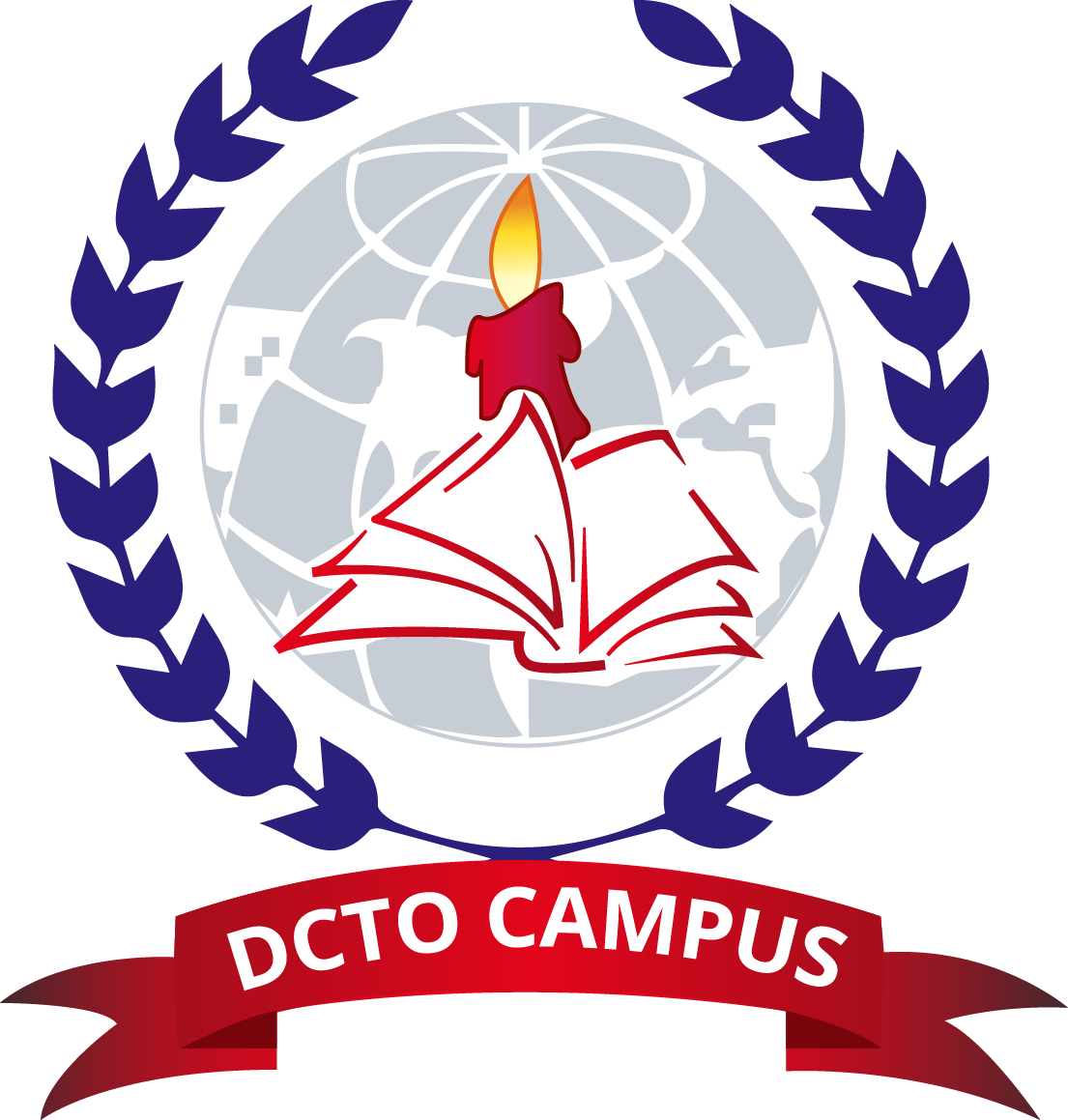Strategies to Pick the Most Suitable Research Area
Methods for Choosing the Ideal Thesis Subject
Deciding on a dissertation topic is often the first and most challenging decision for researchers. The topic you select influences your entire scholarly project. A carefully selected topic directs your research, sustains your energy, and strengthens the quality of your dissertation. In contrast, a weak topic can cause stress. This article explores practical strategies to guide you in selecting the perfect dissertation topic.
1. Follow Your Passion
A dissertation is a extended project. Researching on a topic you care about makes the process more enjoyable. Ask yourself:
- Which subjects do I like most?
- What issues spark my enthusiasm?
- Can I see myself studying this topic for months?
If your dissertation topic is aligned with your interests, you are more likely to remain focused.
2. Consider Career Goals
Your thesis can be more than just an educational ignou project report. It can shape your professional path. If you plan to work in finance, choose a topic that relates to that field. This makes your research not only relevant but also marketable for your professional growth.
3. Check Availability of Resources
A creative idea is not enough if you cannot access the resources needed. Before finalizing a topic, check:
- Are there enough books available?
- Can I collect data easily?
- Do I have access to archives?
A topic with scarce resources can hinder your work.
4. Study Prior Work
A comprehensive literature review helps you analyze what has already been studied. This ensures you don’t copy existing research and spot unanswered questions. A strong topic is one that extends the academic conversation rather than simply repeating what others have done.
5. Ensure Uniqueness
Your dissertation should contribute new to your field. Originality does not always mean discovering something groundbreaking. It could be:
- Using an existing theory in a new context.
- Examining a population or region that has been overlooked.
- Combining two different perspectives.
The key is to demonstrate how your work is valuable compared to past research.
6. Choose What’s Feasible
Ambitious ideas can be exciting, but feasibility matters most. Ask:
- Do I have enough time to finish this topic?
- Is the size of the research manageable?
- Can I complete it within the guidelines?
A realistic topic ensures steady progress and avoids frustration.
7. Get Feedback
Supervisors, mentors, or professors can offer useful input. They may advise on narrowing broad topics, identifying relevant theories, or pointing you to resources. Sharing your ideas early saves time and prevents last-minute shifts later in the process.
8. Balance Broad and Narrow
A topic that is too broad will be difficult to cover, while one too narrow may lack enough sources. For example:
- Too broad: “Education in India.”
- Too narrow: “Impact of one math textbook on one school.”
The best topic strikes a balance—specific enough to be manageable, yet broad enough to find sufficient research.
9. Explore Before Committing
Before finalizing your topic, write a short draft. This helps you see whether the topic is manageable. If you struggle to find references or clearly define objectives, it may be a sign that the topic needs adjustment.
10. Stay Flexible
Research is a dynamic process. Sometimes your initial topic may shift as you discover new ideas. Flexibility is important. Don’t be afraid to adapt your topic if needed, as long as it stays within your goals and deadlines.
Conclusion
Choosing the right dissertation topic is difficult, but it is also the most fulfilling step of your research project. By considering your career, you can find a topic that is not only practical but also valuable. Remember, the best topics are those that combine personal passion, academic relevance, and practical feasibility. With careful thought and planning, you can position yourself for a successful dissertation journey.
Tag:Ignou project

